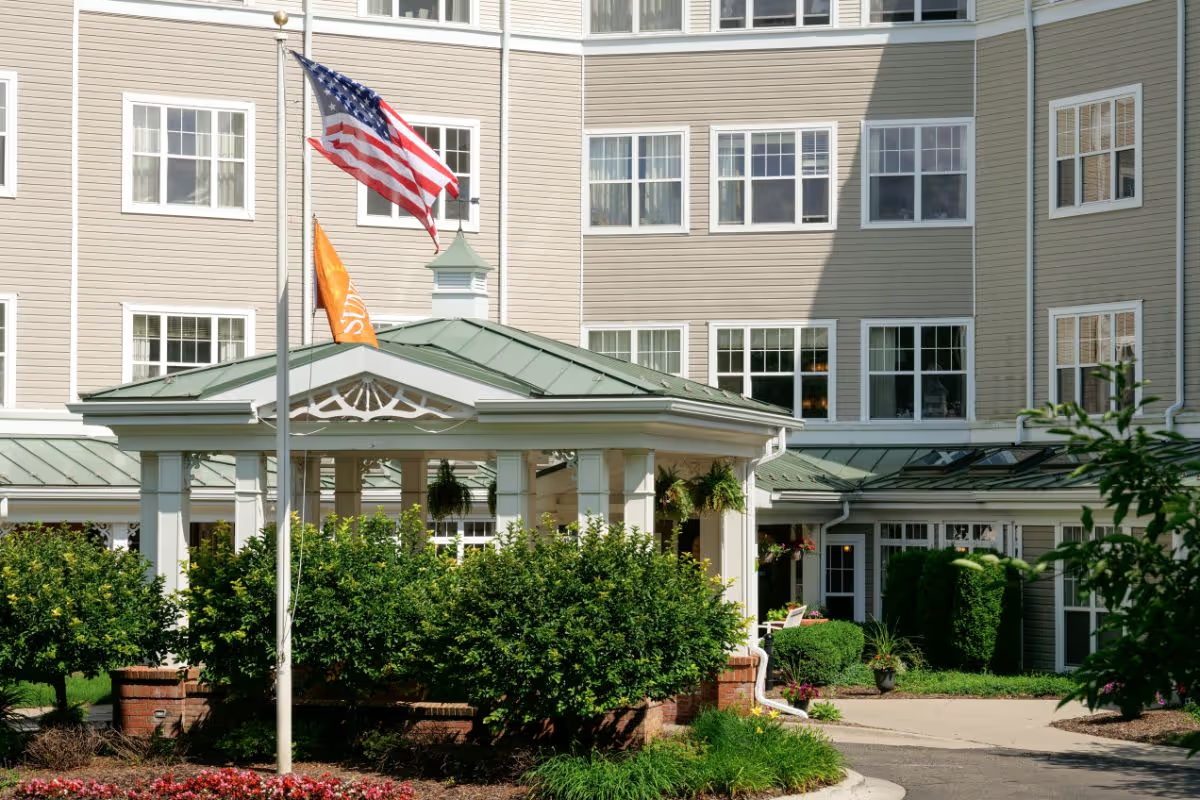Mable's Transitional House sits in East Grand Rapids, Michigan and stands as a small, semi-private home with care for three to six people at a time, so residents can settle in among familiar faces and get plenty of attention from staff who know them well and are used to dealing with dementia or Alzheimer's challenges. The home offers both assisted living and memory care set-ups, focusing on folks making the move toward independent living but still needing some help with things like bathing, dressing, or getting from room to room, and staff stay around day and night to handle things like medication reminders, wellness checks, and all those daily details, even down to helping with grooming. The team knows about dementia care and sets up individual meal plans for folks with memory issues, prepares special diets for people with allergies or diabetes, and makes it easy since residents can help themselves with all-day dining. The staff keep a high caregiver-to-resident ratio, so nobody gets lost in the shuffle, and a 24-hour call system, emergency alerts, and wandering prevention keep residents safe, especially if memory problems come into play.
Physical and speech therapy visits are regular parts of life in the house for those who need it, and skilled nurses or medical professionals drop by so folks can stay on top of their health without needing to move around much. Strong lighting in all areas supports memory and helps people see what they're doing, and the place is fully wheelchair-accessible, making movement around the house and out into the garden easy. Having pets around is part of the culture, since animals can make the days brighter for those who like them. Housekeeping, linen changes, laundry, and dry cleaning are all part of the support here, along with scheduled activities like movie nights, walking paths to stay active, and programs to prompt socializing and personal growth. This house belongs to a network of memory care homes in the area, and all care follows the state's memory care and assisted living license requirements, so things stay up to code.
When residents want to stay in touch, there's a telephone in their rooms, and if they need to go out or get to appointments, transportation services help, including rides to places like St Mark Lutheran Church. There are both private and semi-private rooms available and the home can take in people for short-term respite care, so caregivers can take a needed break. Memory care here centers on safety, dignity, tailored activities, and keeping daily life calm and purposeful, so even as folks deal with the confusion and change that come with dementia or Alzheimer's, there's always help close by and a familiar face around the corner.







